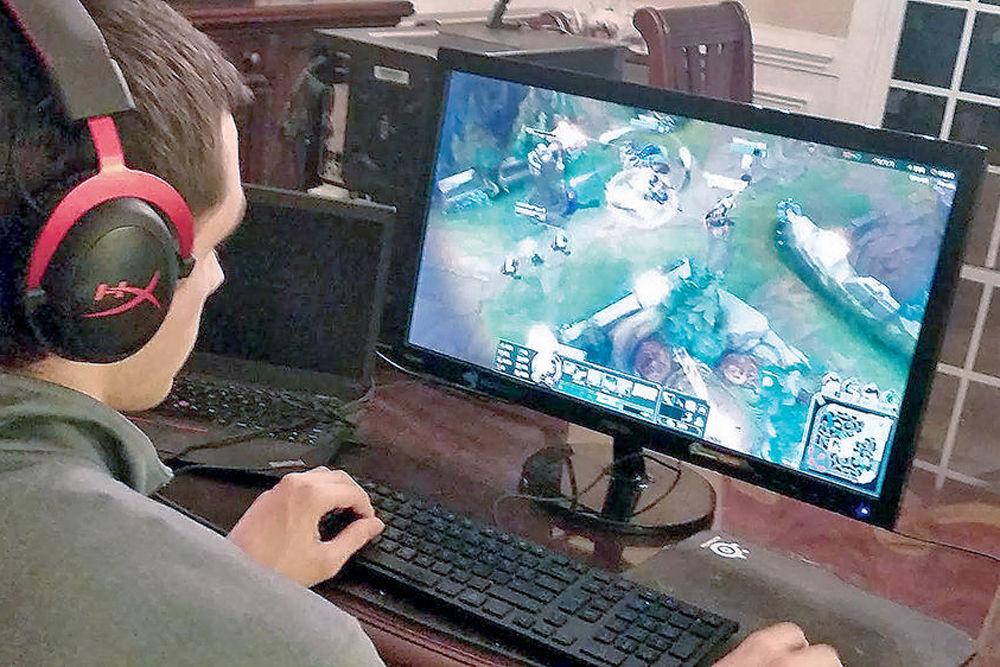Esports is an exploding industry with increasing popularity, but how should it be classified in comparison to the traditional sports world?
In other parts of the world, particularly in Asia, esports can be considered as popular as its biggest sport. Asia Pacific made up over 50 percent of esports viewers in 2017. For comparison, North America was at 13 percent of the global esports viewers.
Esports have been highlighted in many ways for it to be compared to sports. Starting in 2014, X Games have hosted tournaments and awarded gold medals to the team that comes out on top. Competitive video games will be a medal event in the 2022 Asian Games and there are talks to have it in the 2024 Paris Olympics.
In the United States, many traditional sports organizations have invested in esports teams to represent them, especially in sports video games like NBA 2K18, but also in the bigger esports like League of Legends and Overwatch.
The biggest discussion comes down to whether these competitive video games should be considered a sport and if the competitors within the game are athletes. Back in 2013, the United States government recognized esports players as athletes to provide them with the proper visas after a long fight with an industry leader in esports, Riot Games.
Parts of the esports industry would prefer to stay under the esports name and not be compared to sports, but still receive respect from the sports world about what they do. After Overwatch premiered on ESPN, reactions were mixed, including Jimmy Kimmel saying esports is “one step more removed from human activity” and comparing it to watching someone play fantasy football.
Esports could be considered a new generation of sports. Just as the sports world has grown and changed in the past century, this could be one of the ways sports are adapting to human interest in a technologically advanced society.
Stephen Downhower, president of the NC State League of Legends club and captain of the top team, knows it doesn’t compare to the physical energy that athletes from other sports exert, but know the practice and dedication it takes to be the best at a video game.
“I think this question really boils down to whether or not you want to consider esports to be a sport or not,” Downhower said. “But I definitely respect my competitors as athletes because I recognize that they are likely putting in a similar amount of effort and preparation for competition as I am.”
Although there is no comparison in strength or speed, esports athletes have incredible reaction time and mental ability. Esports also carry as much strategy as traditional sports within a smaller amount of time.
NC State represents the industry through the League of Legends and the esports club. Downhower described how the scene could grow even further.
“In terms of growth on NC State campus,” Downhower said. “The esports programs here feel like they are gradually growing year-by-year, but I think this could be accelerated as some video games add or improve upon their collegiate esports programs.”








